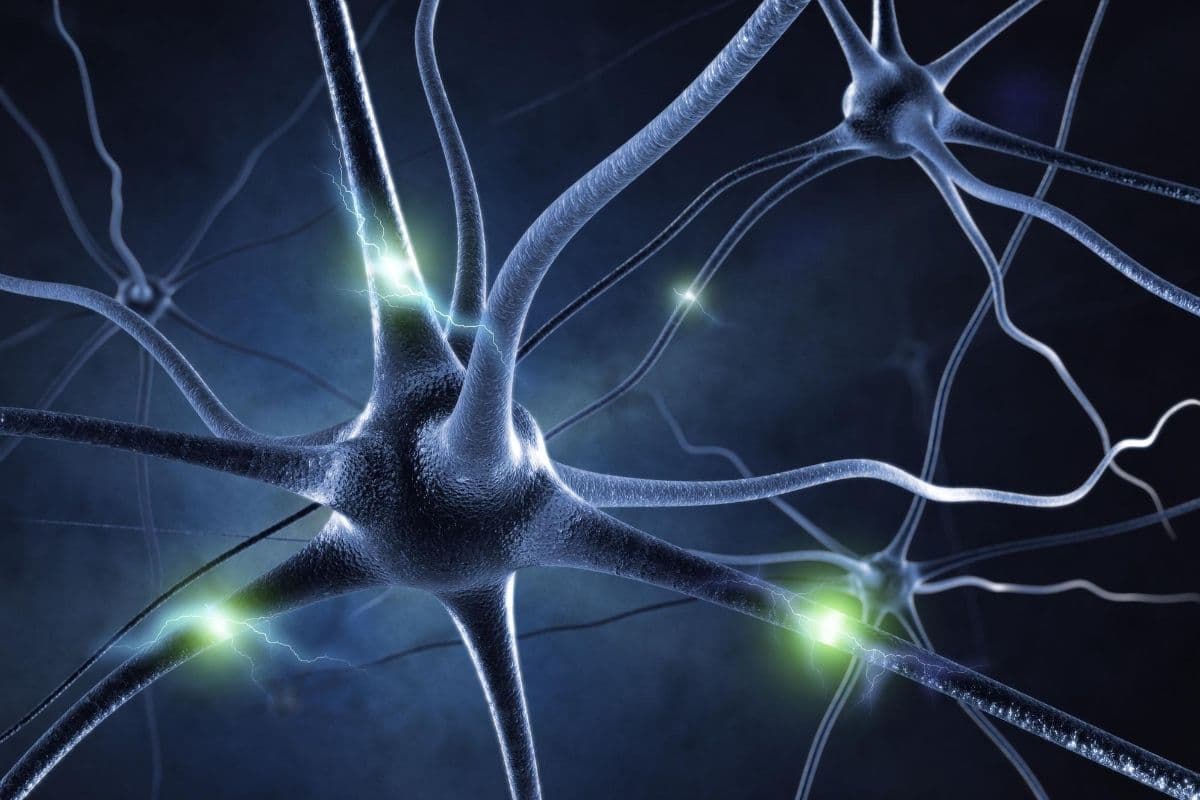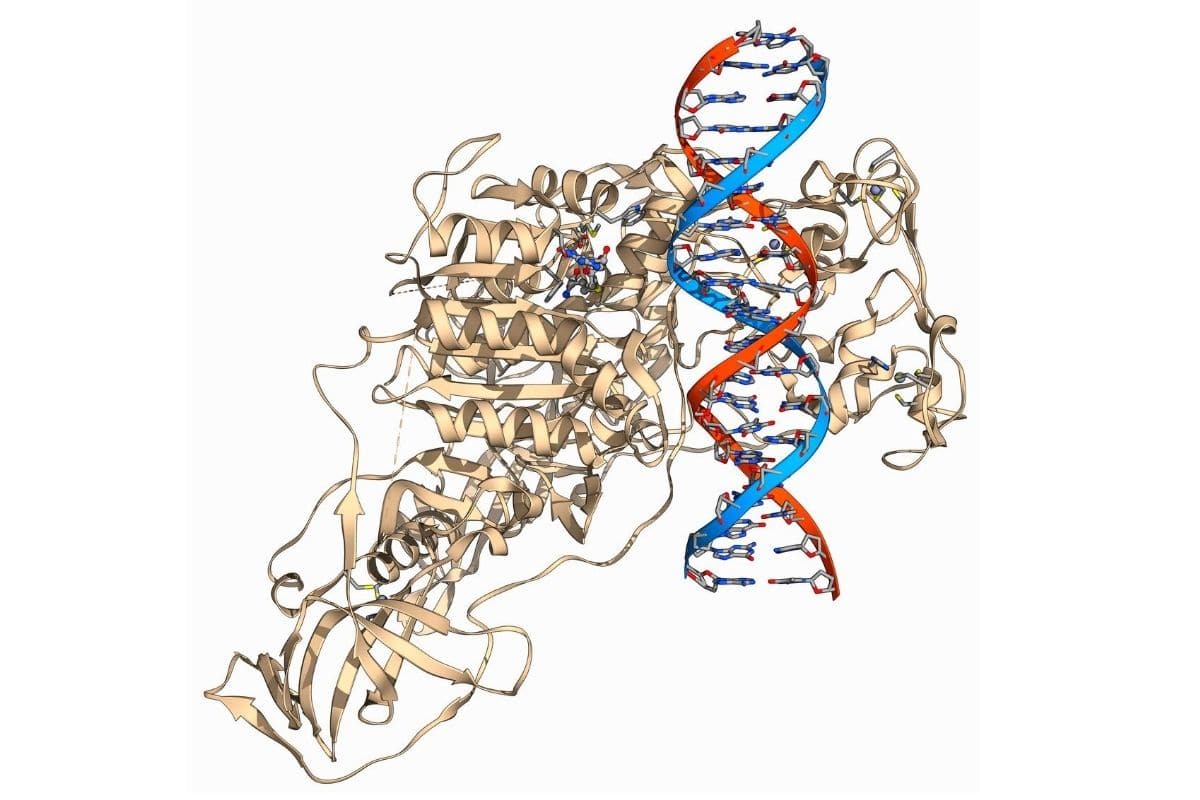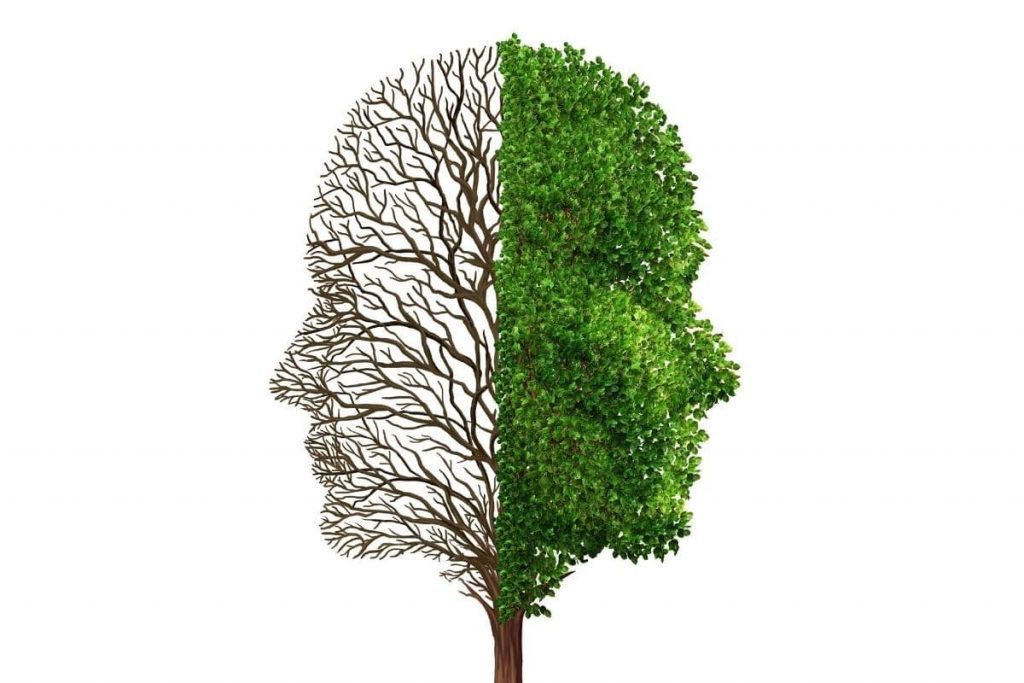Many factors are involved when delving into brain health. Commonly in mainstream psychiatry, the biochemical imbalance is reduced to low serotonin. As a result, SSRI’s are given which do not always work. We must look at other factors and biochemical imbalances that can contribute or indeed be at the root of mood disorders. Individuals are beginning to turn to alternative areas to support their mental health. This includes complementary therapies alongside medication or instead of. Either way, it allows people a sense of control over their condition and empowerment to realize they can help themselves.
Nutrition and Mood Disorders
We understand the importance of nutrition coaching for conditions that relate to digestion. However, it is also essential to understand that nutrition can have an impact on brain health.
Protein – Building Blocks for Brain Chemicals
For a start, where do the raw ingredients for neurotransmitters come from? Neurotransmitters are the chemical messengers in the brain that makes us feel happy, focused, alert. Certain ones can help us sleep, whereas others, in excess, can make us wired and anxious. Amino acids, from proteins, are the key ingredients from which we manufacture these neurotransmitters. An ‘essential’ amino acid means we cannot make it our self, we must consume it in food. For example, the amino acid tryptophan comes from sources such as poultry, oats and cottage cheese. Tryptophan, once consumed, is manufactured in the brain into serotonin, this is the ‘feel-good’ neurotransmitter. When evening time comes, serotonin is converted into melatonin, which helps us sleep. Therefore ensuring adequate amounts of good quality protein is vital for the production of neurotransmitters, balanced mood and quality sleep. Here is another IINH blog – ‘6 tips on how to get a better night’s sleep‘.
Fat – The Foundation
Did you know that the brain is the fattiest organ in the body? The primary structural component of the brain is DHA. DHA is manufactured in the body from the essential Omega 3 fatty acid, ALA. Remember, ‘essential’ means the body cannot make it itself. If the brain is lacking in its primary structural component there is a risk of decline in mood and mental function, particularly memory. DHA is obtained from oily fish such as mackerel, herring, trout, sardines, salmon, anchovies and from cod liver oil. We manufacture smaller amounts from plant sources such as chia seed and flaxseed, but should not rely on these alone. Here is a delicious recipe from Maggie to obtain a direct and delicious source of DHA – Salmon & Nori Fish Cakes with Tomato Basil and Caper Salsa
The Brain and the Rest of the Body

Above you can see examples of how the raw ingredients, important for our brain health, comes from the food we eat. However, it is also important to understand how our brain interacts with other systems in the body. If we were to look at the brain in isolation we would be doing it a grave injustice.
Gut – Brain Connection
We have all experienced how the brain can send messages to the gut – only thinking of a stressful situation can lead to butterflies in our tummy. However, what we are now learning is that the gut can also send signals to the brain. Information between the two travels via the vagus nerve, which is bi-directional. This begs the question, is good digestive health important for brain health, and the answer is yes. This answer lies within the gastrointestinal microbiome. Research shows that an imbalance in certain microbial strains can disrupt mood contributing to depression or anxiety and also issues such as brain fog. If you have digestive issues it is important to see a Health & Nutrition Coach or Nutritional Therapist to address them.
Gut – Immune Connection
A further area of research for brain health points towards systemic inflammation in the body. It is viewed as being a risk marker for mood disorders, cognitive decline and more common issues such as brain fog. Psychoneuroimmunology (PNI) studies the interaction between the nervous system and the immune system. An overactive immune system, creating levels of inflammation in the body can alter mood, leading to depression. Many foods have wonderful anti-inflammatory effects in the body, such as turmeric, ginger, olive oil and oily fish. Here is a blog from IINH on ways to support your immune system and also a delicious immune-boosting vegetable broth from Maggie.
The Role of Epigenetics

Lastly, an emerging area of research looks at the role of epigenetics in mental health conditions. As early as in utero, ‘bookmarks’ can be laid down on the genes of a foetus. These can effect how their genes are expressed throughout their life. Epigenetic markers can result from mother smoking, experiencing malnutrition or having a stressful event during her pregnancy. The exciting area of nutrigenomics explores the effect of foods and nutrients on gene expression. In fact, the scientist William J. Walsh, Phd of the Walsh Research Institute and author of Nutrient Power; Heal Your Biochemistry and Heal Your Brain, has developed advanced nutrient protocols for mood disorders. One aspect of which is epigenetic regulation of neurotransmitter activity.
As you can see, there are many areas that can be explored with anyone who suffers imbalance in mood, poor concentration or forgetfulness. Where medication can be helpful for some it is not getting to the root of the issue, of which nutrition can play a large part. Nutrition & Health Coaches and Nutritional Therapists can also support individuals in important areas that contribute to brain health such as physical activity, stress management, encouraging connectivity, improving sleep quality and beneficial brain stimulation. This is an integrated approach. Learn more about our Nutrition and Health Coaching Course











